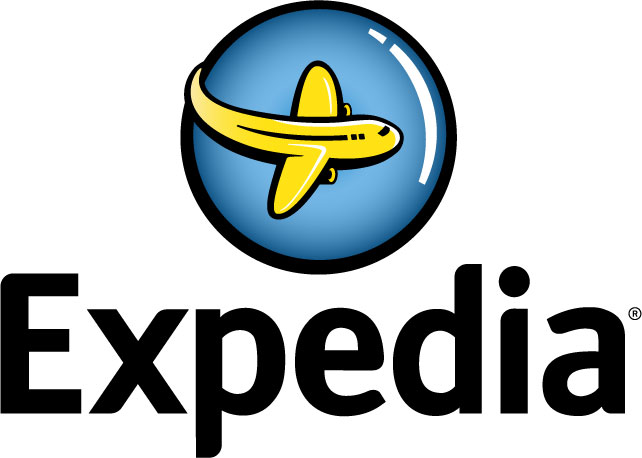Expedia, which last month made it more difficult for users to find American Airlines fares, dropped American completely effective Saturday, Jan. 1. Expedia’s move is the latest development in a dispute between American, which is trying to sell directly to consumers and travel agencies rather than use the GDSs that have traditionally provided a marketplace for agents and online agencies.
In November, American threatened to pull out of Orbitz, apparently as a negotiating tactic with Travelport, which owns the online agency. American ultimately pulled its fares from Orbitz after Travelport was unable to prevent the move in a legal action. American pulled its fares from Orbitz on Dec. 21. Two days later Expedia made it more difficult to book American in its website. In removing American’s fares completely, Expedia said it had been unable to reach an agreement with American and called the airline’s strategy “anti-consumer and anti-choice,” saying that American’s “direct connect” strategy makes it harder to compare fares from multiple airlines, which ultimately makes it more expensive to fly. Expedia said in its statement that it remains open “to doing business with American Airlines on terms that are satisfactory to Expedia and do not compromise our ability to provide consumers with the products and services they need.”
The roots of the move lie in the evolving economics of airline distribution; airlines want to sell directly to consumers and travel agencies rather than go through the GDSs and online travel agencies. Like other airlines, American is trying to cut its distribution costs and says that its own direct connect program will work as well for consumers and traditional travel agencies as the GDSs or online travel agencies.
For their part, travel agencies and corporate travel departments say American is trying to strong-arm them into booking directly and that having direct connections with many airlines would bring great inefficiencies and higher costs to the marketplace. If all airlines were to go the direct connect route, travel agencies, corporations and consumer advocates say that comparison shopping would be cumbersome and difficult, reducing competition and pushing fares higher. “American Airlines’ direct connect model is of questionable, if any, benefit to travelers, would be costly to build and maintain and would compromise travel agents’ ability to provide travelers with the best selection,” Expedia said.
American has countered by saying that it is simply trying to market the right product and price to the right customers at the right moment, something it says that it does best on its own. The GDSs say they are capable of providing that kind of targeted marketing.
American also claims that Travelport is not making available to American the same technology Travelport is providing to Southwest Airlines. Southwest long eschewed GDSs, participating only at very low levels, although it is changing its GDS strategy and just renewed its contract with Travelport. The airline’s Travelport agreement is the exception in the airline industry in that travel agents pay to book Southwest flight segments in the GDSs (usually airlines pay the GDS segment fees). Currently, agencies tend to do an end run around these Southwest fees by using a variety of other tools that allow them to compare airfares from multiple airlines on their desktops.
American has been emailing its customers making special offers targeted to them. The airline’s website also recommends that customers to visit other sites such as Kayak and Priceline to find its fares and compare them to fares other airlines have to offer. It also recommends customers use accredited travel agencies. American also claims it has seen a year-over-year increase in its overall ticket sales since Dec. 21, when it first pulled its fares from Orbitz. For more information, visit www.aa.comor www.expedia.com.
Steele Luxury Gay Travel www.SteeleTravel.com

